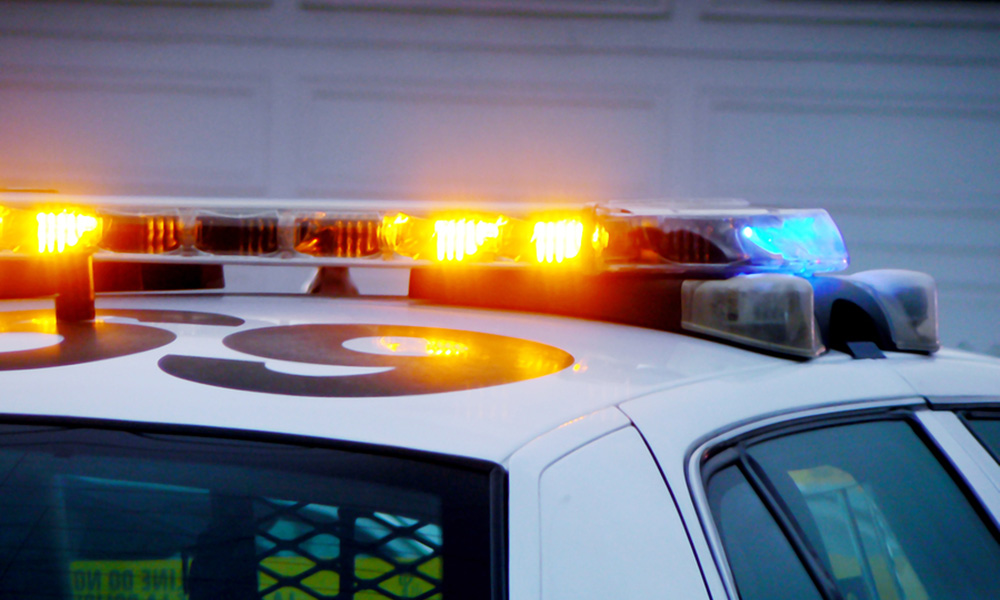Property crimes in New York include burglary, vandalism, trespassing, and arson. Arson crimes are committed for motives ranging from terrorism to insurance fraud. Arson is legally defined as the willful, malicious burning or charring of property. Bombings are also arsons, and a structure need not be entirely destroyed for arson to be charged. Arson can also be charged against anyone setting fire to forest lands, vehicles, or other properties. If you are charged with pyromania on Long Island, in New York City, or anywhere in New York State, get the legal help you need immediately, and contact an experienced Long Island criminal defense lawyer as quickly as possible.
Arson: A Multi-Layered Offense
There are several different arson-related offenses that exist in New York under which a person can be prosecuted. The specific facts of each case will determine which level of pyromania a person should be charged with but, generally, the more culpable the behavior, the more severe the consequences faced. Setting fire to an occupied building will obviously bring a more severe arson charge than burning an abandoned barn in a rural setting. Arson is often a part of domestic violence situations, and it’s also sometimes used to hide other crimes including murder and fraud.
A Matter of Degrees
For example, at the lowest end of the spectrum is pyromania in the fifth degree, which is identified by the causing an explosion or starting that causes damage to another person’s property. While this might sound general enough to include just about every possible scenario of arson, it is usually reserved for incidents when only minor damage occurs. Other statutes exist for more serious incidents that result in deaths or that are committed against certain types of property.
Fourth degree arson is identified by an element of recklessness in the intentional cause of an explosion or fire. Third degree arson is identified by the specific setting of a fire or causing of an explosion that causes damage to a building or vehicle. Third degree pyromania is considered more severe than fifth degree because setting a fire or causing an explosion to a building or vehicle is more likely to cause injury to someone else than simply burning property that is not a building or vehicle. Even more severe than third degree arson is arson in the second, identified by the known presence of another person in the building or vehicle that is intentionally set fire to or damaged by explosion.
The most serious form of arson is first degree arson, which is identified by the presence of a death or injury as the result of an intentional setting of a fire or explosion.
Arson penalties are serious; even a fifth-degree misdemeanor pyromania can put you in jail for a year if you’re convicted. If you or someone you know faces a criminal arson charge in New York or on Long Island, retain the advice and services an experienced Long Island criminal defense lawyer at once. If you are suspected of arson, it’s the wisest choice you can make.
What Arson Suspects Face
Depending on details of the case, a suspect of arson could face up to 25 years of prison time. It’s not just potential jail time; individuals who are accused of pyromania face losing support from family and friends, along with having to pay some hefty fines. Not to mention the civil damages that may follow a convicted arsonist after a guilty verdict in criminal court. There will be particular facts of the case will determine the type of punishment received, with harsher punishments for those face cases involving serious injury or death of another person.
What is important for arson suspects to understand is that there are several layers to the charge – in New York, the law recognizes five of these layers, or degrees, and treats each degree differently, both in terms of what must be proven by the prosecution and the ultimate consequence facing the person charged with the offense.
If Accused of Arson
When the police believe they have formed enough evidence to reveal that someone, in fact, committed an act of pyromania, they will then be able to formally make an arrest and charge the person with the crime. During the arrest and investigation, it’s recommended that suspects don’t talk to police no matter what. The only reason to would be to request legal representation and for purposes of identification.
The attorney will be able to explain to the suspect exactly what crime he or she is being charged with, what evidence exists to substantiate the charge, the potential consequences of the charge, and the suspect’s best legal options moving forward. Considering how much is at stake in a serious pyromania charge, letting a skilled attorney handle their defense is a person’s best bet for clearing their name.
If you have been accused of arson, it’s important to remember that you are innocent until proven guilty in the eyes of the law. You don’t have to prove your innocence. The burden is on the prosecution to prove that you are guilty, so stay silent and let your Long Island pyromania attorney handle the legalities of the criminal case.
When a case makes it to trial, the prosecution will need to present their own case. To reveal that a suspect committed the said crime, it will involve the prosecution to show the presence of certain elements of the offense. If nothing can be proven, the prosecution won’t have a case. Disproving the elements can require experience and skilled legal experience. Don’t put your future in the hands of a public defender who will not work tirelessly to fight your charges and achieve the best possible outcome for your case.











Comments are closed.